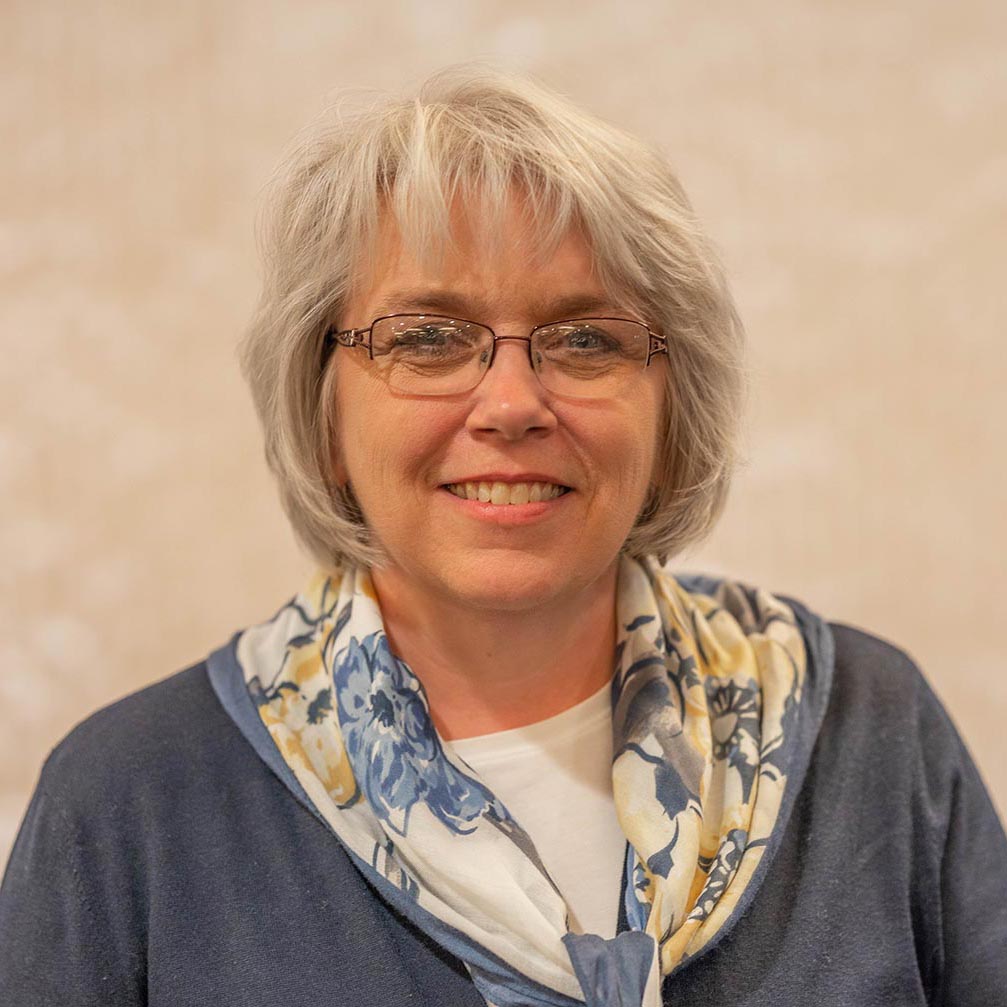This story refers to sensitive details regarding the violence the Michigan State University community experienced in February. FAQs, important updates, messages from campus leaders as well as mental health and supportive resources are available.
Cheryl Williams-Hecksel is a clinical social worker with MSU’s School of Social Work. She coordinates the school’s Evidence-Based Trauma Treatment Certificate. Additionally, she is a founding member of the Trauma Services and Training Network. Here, Williams-Hecksel shares considerations for our individual and collective healing and well-being following February’s campus violence.
During May, Mental Health Awareness Month, I find myself reflecting on how being committed to a trauma-informed perspective can contribute to the wellness, healing and growth of our Spartan community. With that commitment at the forefront, we can come together as individuals and a community to support each other as we heal from our personal and collective experience of trauma and grief.
For many, the trauma and impact of the Feb. 13 campus tragedy has compounded the isolation, anxiety and disparities of the COVID-19 pandemic and the ongoing challenges of racial injustice and conflict in our communities. To say that we are stressed may be an understatement.
Resiliency is often defined as the ability to bounce back and grow through the experience of adversity or trauma. For many trauma survivors, the concept of resiliency is too simplistic, suggesting that quickly bouncing back or staying strong is the answer. But resiliency alone does not capture the complexity of recovering from an event that has so affected our individual and collective sense of safety.
Richard Tedeschi, an author and psychologist specializing in bereavement and trauma, describes post-traumatic growth as “the experience of positive change that occurs as a result of the struggle that comes with highly challenging traumatic experiences.” This growth can make you stronger and cultivate new insights, coping skills and stronger relationships. Our healing — individually and as a community — can be transformative.
Tips for beginning the healing process
A trauma-informed perspective can guide us as we pursue individual and collective healing and well-being. Safety is at the center of trauma-informed work, with a commitment to trust, choice, mutuality and empowerment. Here are some considerations:
- Well-being starts with the basics: sleep, hydration, nutrition and physical activity.
- Everyone’s experience is different and unique. It will take some people more time to work through this experience than others. We all deserve to be extended grace without judgement, as well as support and space to make meaning of our experiences and understand what we need to heal.
- We must acknowledge that our sense of safety has been greatly impacted and it will take time and care to step back into routines. This includes paying close attention to both physical and psychological safety. Psychological safety includes emotional and interpersonal safety.
- Connection to others is protective. Healing happens in the context of relationships, community and meaningful connections. Quality relationships assure that we feel heard. It is important to come alongside each other for support.
- We need to check in with ourselves about the messages we have internalized about asking for help. Seeking the help and support we need are critical to healing. It is important that we identify who our supports are and intentionally work to be connected with them. Friends, family, colleagues, neighbors and community members are all important resources.
- Counseling from a trauma-trained counselor also can be an important step to re-establishing personal safety, maintaining meaningful connections with others and managing the many emotions we may be experiencing.
Well-being and post-traumatic growth are supported by individuals and systems that commit to creating physical and psychological safety. This can be accomplished by fostering meaningful connections with a focus on trust, choice and empowerment for our Spartan community.
